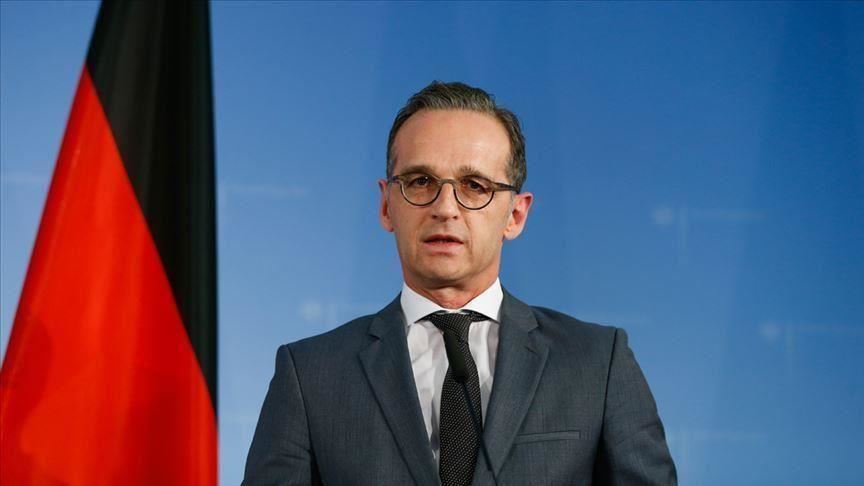
On Tuesday, German Foreign Minister Heiko Maas urged Turkey to respect international law and stop its provocations of exploration in the eastern Mediterranean, indicating that tense relations with Turkey could improve if Ankara stopped these provocations.
This came during his visit to the Greek capital, "Athena", where he said: "With regard to Turkish excavation in the eastern Mediterranean, we have a very clear position .. International law must be respected, so progress in European Union relations with Turkey will be possible only if Ankara stops provocations in Eastern Mediterranean. ”
The German minister stressed that "Turkish exploration off the coast of Cyprus must stop."
This has been marred by tensions in relations between Turkey and the European Union, especially after the provocations practiced by Turkey against European countries by opening borders to refugees and drilling for oil and gas in the eastern Mediterranean, which the European Union considered illegal, in addition to the transfer of weapons and mercenaries to Libya and the last Turkish move to convert the Hagia Sophia To a mosque.
It appealed to several countries of the European Union to impose sanctions on Turkey, while the position of its Foreign Minister, Josep Borrell, called for careful consideration and left the door for diplomatic dialogue open to remove the tensions between them.
And Mas, whose country has strong ties with Turkey, stressed the importance of maintaining open channels of dialogue with Turkey, especially in the area of immigration, which it considers a priority and calls for a united European response in this regard.
Today, Turkish regime Erdogan insisted that his country continue exploration operations in the eastern Mediterranean, and that he does not take permission from anyone in this field, based on his agreement with the Al-Sarraj government regarding the delineation of jurisdictions between them.
It is worth noting that German Foreign Minister Heiko Maas met in Athens today with his Greek counterpart Nikos Dundas, as well as with Prime Minister Kyriakos Mitsotakis and President Katrina Sakylaropoulou.



